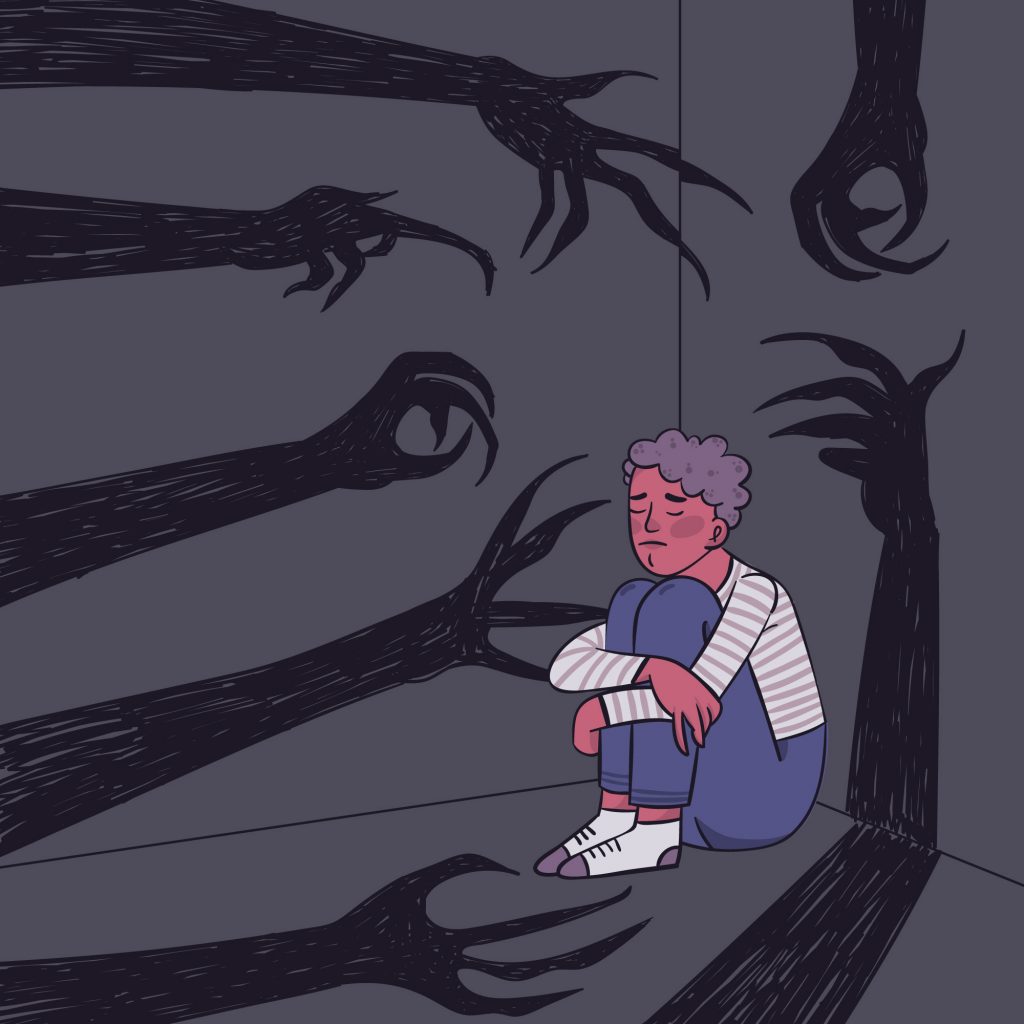Trauma Distress

What is Trauma Distress?
Trauma distress can deeply impact an individual’s mental and emotional well-being. Therapy plays a vital role in helping individuals cope with and heal from traumatic experiences. Here are some therapeutic approaches commonly used to address trauma distress.
Which therapies might help?
1. Trauma-Informed Therapy: This approach focuses on creating a safe and supportive environment for individuals to explore their trauma. Therapists emphasize understanding the impact of trauma on emotions, behaviors, and relationships while fostering empowerment and resilience.
2. Cognitive-Behavioral Therapy (CBT): CBT helps individuals identify and modify negative thought patterns and behaviors resulting from trauma. It aims to challenge distorted beliefs, manage anxiety, and develop healthy coping strategies.
3. Eye Movement Desensitization and Reprocessing (EMDR): EMDR is a specialized therapy for trauma. It involves guided eye movements while recalling traumatic memories, helping to reprocess these memories and reduce their emotional charge.
4. Dialectical Behavior Therapy (DBT): DBT combines cognitive-behavioral techniques with mindfulness. It helps individuals regulate emotions, manage distress, and improve interpersonal skills, making it effective for trauma-related emotional dysregulation.
5. Narrative Therapy: This approach encourages individuals to retell their trauma story in a way that empowers them and highlights their strengths. It aims to reshape one’s relationship with the trauma narrative.

